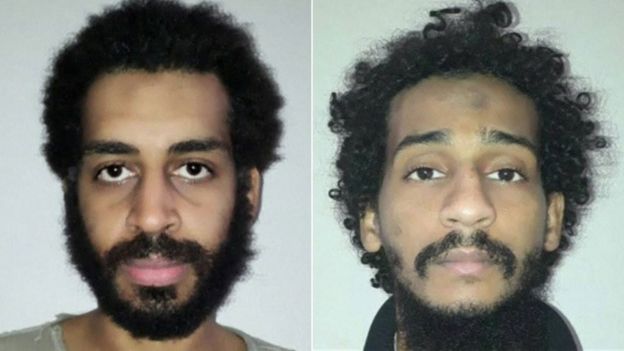
They were allegedly members of an Islamic State cell notorious for killing Western hostages and putting their deaths on camera.
Western media dubbed them “the Beatles” because of their British accents.
Today one is dead, killed by a US drone, a second is in prison in Turkey for terrorism, and the last two are in the custody of US allies in war-torn Syria.
Alexanda Kotey, 34, and El Shafee Elsheikh, 29, were seized by Syrian Kurdish fighters.
The Kurdish-dominated Syrian Democratic Forces (SDF) who are holding them say they have yet to receive a request from any country to hand them over.
Victims’ families want Alexanda Kotey and El Shafee Elsheikh to face justice, but the question of where justice might best be served is complex.
America?
US journalist James Foley was beheaded by IS in 2014 – a crime “beyond imagination”, his mother Diane told BBC News.
She said she would like to see the captured fighters tried in the US.
“But as long as they’re brought to fair trial and detained and justice is served, I would be most grateful,” she added.
Two other American hostages, journalist Steve Sotloff and aid worker Peter Kassig (also known as Abdul-Rahman Kassig), were killed by IS too.
The US defence department said it was “still considering options” but a spokesman added: “Our intention is to hold anyone accountable who commits acts like those they are alleged to have committed.”
Guantanamo?

The US Congress has been deeply opposed to terror suspects being held on US soil. So one option could be to send the suspects to Guantanamo Bay, the US detention camp in Cuba that was set up to hold jihadists captured in the “war on terror”.
President Donald Trump said during the 2016 election campaign he wanted to “load it up with some bad dudes”. Last month, Mr Trump signed an order keeping the camp open.
Human rights groups argue the very existence of Guantanamo and internment without trial play into the hands of jihadist recruiters, who portray it as an example of US injustice.
The UK?
British hostages Alan Henning and David Haines, who had gone to Syria for humanitarian reasons, were both killed by IS.
Mr Haines’s daughter Bethany told BBC Scotland she hoped his killers died a “slow, painful death” and said she would want to look Kotey and Elsheikh in the eye if they stood trial.
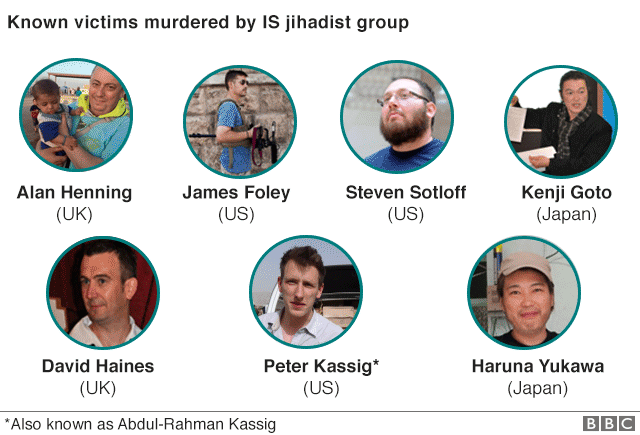
French journalist Nicolas Henin was held hostage by IS for 10 months and believes “the Beatles” were among those holding him.
He told BBC News he wanted Kotey and Elsheikh returned to the UK to face justice.
“I would like to see them brought back to Britain, just like I would like to see all other European jihadis brought back to their home countries, to be judged fairly in their home country,” he said.
“Because the worst thing we can do with a terrorist is to deprive him from his right because then you make the terrorist a victim.”
However, the BBC understands Kotey and Elsheikh, who grew up in west London, have both been stripped of their British citizenship.
The Hague?
A British defence minister, Tobias Ellwood, has called for Kotey and Elsheikh to be tried in an international criminal court.
It is important that “terrorists from any origin are transparently and fairly held to account for their actions”, he said.
The International Criminal Court (ICC), based in The Hague, can prosecute suspects for genocide, war crimes, crimes against humanity and the crime of aggression.
However, barring a UN Security Council request, it will prosecute cases only when states are unwilling or unable to do so, and is not intended to replace national criminal systems.
It has been accused of focusing too much on war crimes in Africa, such as in Darfur and Democratic Republic of Congo.
The prospect of an international criminal tribunal being set up for Syria, modelled on those for the former Yugoslavia or Rwanda, seems remote.
The conflict drags on and deep divisions, most notably between the US and Russia, continue to beset the UN Security Council.
Other options?
Another country with a potential claim on prosecuting Kotey and Elsheikh is Japan.
IS beheaded two of its citizens, Haruna Yukawa and journalist Kenji Goto.
The captured IS fighters could just remain in Syria, of course.
However, the situation there is fluid as the SDF battles IS remnants, forces loyal to the Syrian government and, increasingly, Turkey.
Last year, Turkey jailed the third living member of “the Beatles”, Aine Davis, for seven-and-a-half years for membership of a terrorist organisation.
Spanish journalist Javier Espinosa, who was subjected to mock executions, told BBC News at the time it did not matter where Davis was tried.
“He should face justice wherever it is,” he said. “It doesn’t matter if it’s in England or Turkey or wherever. He should be in jail forever.”
The fourth and most infamous “Beatle”, Mohammed Emwazi, who appeared in beheading videos, was killed by a drone strike on his car in the IS stronghold of Raqqa in 2016.
Source: bbc.co.uk



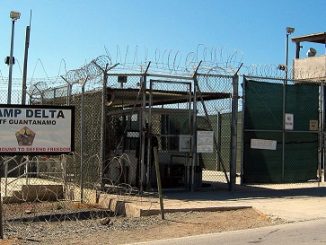
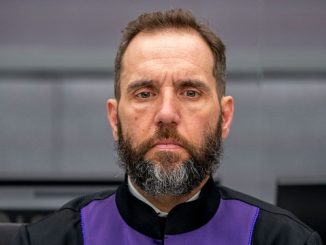
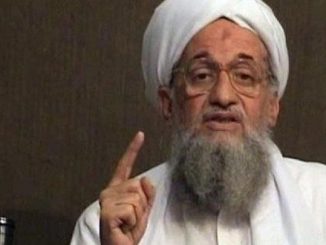
Be the first to comment